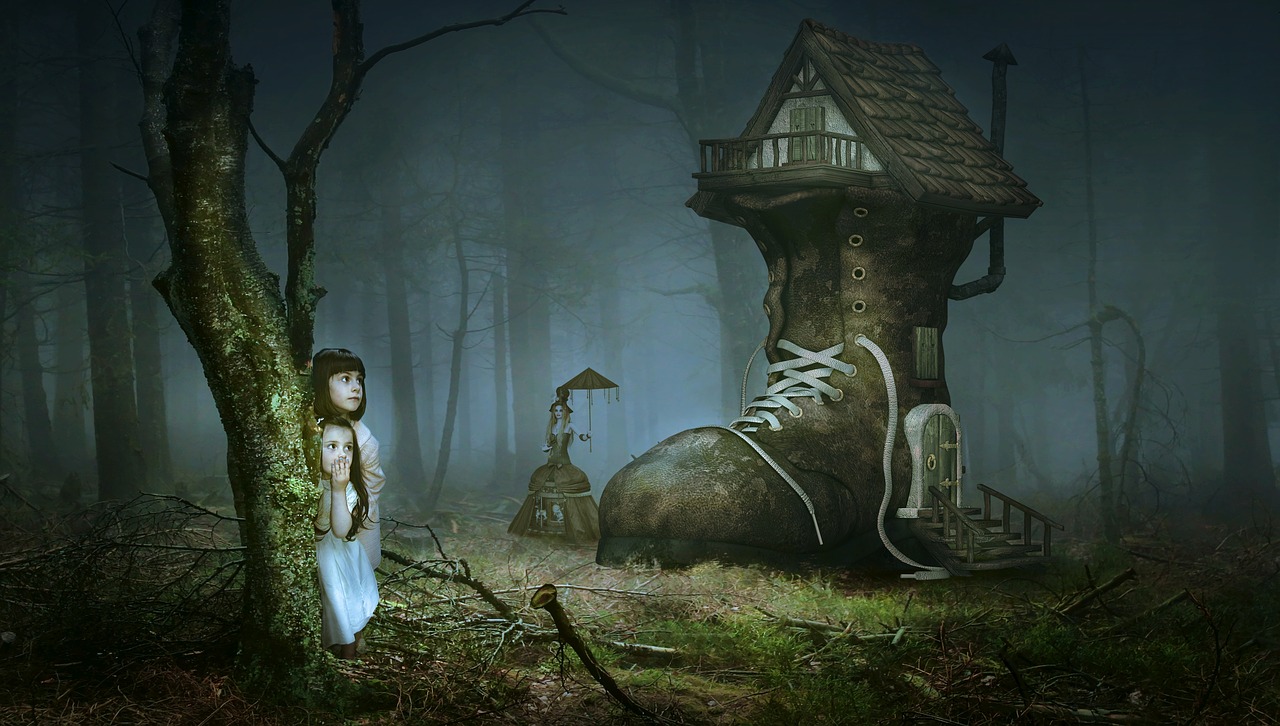The sublime in literature (and art in general) is a fascinating but complex concept. The difficulty in comprehending its ins and outs lies squarely in the fluidity of its definition.
Just as the Gothic itself – with which the sublime is heavily associated – that eludes clear-cut definitions, the sublime is not all that clear to put in a box. In a way, the sublime in literature is a way of experiencing. Yet in another way, the sublime is no more than a ghostly reflection – and so, it’s not really prescribing but rather describing.
In simple terms, the sublime in literature is every instance where we reach a threshold of ambiguity. Whenever we (vicariously, through the protagonist) experience the fuzzy passage between reason and emotion, between fear and awe, or between puzzlement and understanding, the sublime is there.


